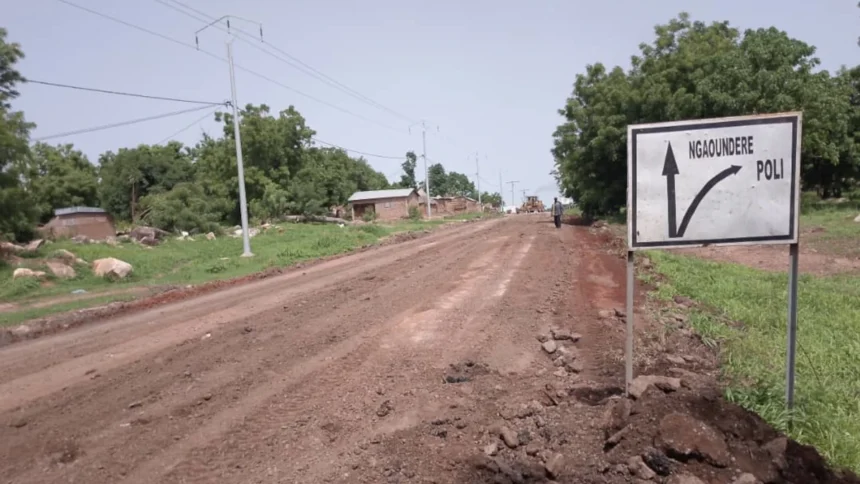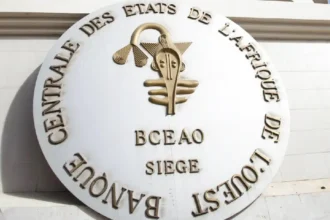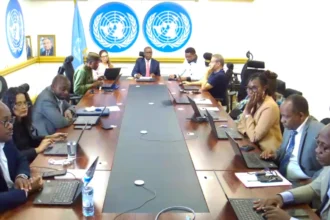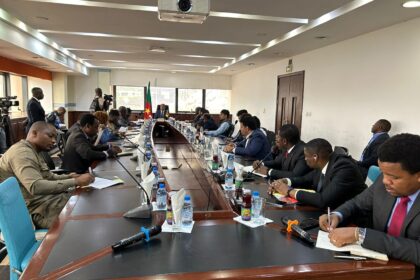The 240.85 km Ngaoundere-Garoua road will be completely rebuilt as part of the Transport Sector Support Program, Phase 4. The project file is due to be finalized by the end of July 2024, for presentation to BAD authorities in November 2024. The BAD has given its approval for early procurement, enabling the rapid launch of calls for tender for the recruitment of design offices and contractors. The environmental and social impact studies, as well as the biodiversity management plan for the Benoue National Park, have been submitted to the BAD for approval. The project’s environmental certificate of conformity will be issued in the next few days.
The African Development Bank will contribute 311.142 million euros to the implementation of this inclusive development project, with the aim of breathing new life into the economic sector of the Adamaou Region, recognized as a fragile zone Region. In addition to the reconstruction of the Ngaoundere-Garoua section, the project also includes the development of socio-economic infrastructure, the rehabilitation of roads to open up agricultural basins, support for the private sector and facilities for the University of Ngaoundere.
A three-component project
The first component of the project is entitled “Resilient Infrastructure” and covers the reconstruction of the Ngaoundere-Pont Sala section (128.9 km), including the construction of three interchanges (at KP 1+187, KP 13+348 and KP 67+117), the weighing station at Manwi; implementation of the Environmental and Social Management Plan (ESMP) and reforestation activities along the road. Other roadworks include the reconstruction of the Sala Bridge-Benoue Bridge section (111.95 km), including the construction of a toll booth in the village of Ouro-Donka.
The project’s related activities include the development of 15 kilometers of urban roads in the towns/localities of Ngaoundere, Mbe, Gamba, Gouna and Ngong; the rehabilitation of roads to open up the Poli agro-pastoral basin (Poli-Poli crossroads section); the rehabilitation of roads to open up cotton basins in the Adamaoua region; improvements to the University of Ngaoundere. But also, the construction of socio-economic infrastructures for women and young people in the Vina, Faro, Mayo-Rey and Benoue departments, support for the implementation of the Biodiversity Management Plan through a technical assistance agreement with the IUCN (International Union for Conservation of Nature), the construction and equipping of two collection and marketing centers for the benefit of young people and women.
Strengthening the operational performance of players in the road sub-sector
The second component of the project will strengthen the operational performance of players in the road sub-sector, with the development of a catalog for the design of pavement structures resilient to the effects of climate change in Cameroon; a technical and institutional evaluation of the LABOGENIE financial model, and the regulatory framework for geotechnical missions in Cameroon. There will also be a technical, organizational and asset audit of Matgenie, and the acquisition of on-board speed control radars for the Ministry of Transport. A geographical information system on road safety will also be set up. Local residents will also receive first-aid training. Not forgetting the construction and equipping of two weather stations in Gamba and at the entrance to the city of Garoua, and support for the emergence of a competitive private sector, among others.
The third component of the project is reserved for project management and implementation of the action plan for the resettlement of local residents, including compensation. In short, it is clear that this will be an unprecedented project, given the assessment that can be made of its current configuration.
During the meeting between Mintp and the BAD delegation, Emmanuel Nganou Djoumessi stressed the importance of supporting local companies, a proposal welcomed by the BAD, which confirmed its support for the promotion of national champions in the construction sector.















